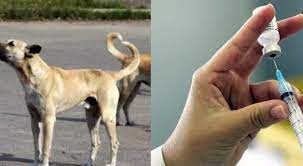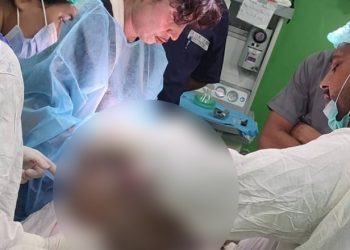LONDON: The World Health Organization warns that ‘sustained transmission’ of monkeypox could see the virus move into high-risk groups, such as immunocompromised people, pregnant women and children.
The World Health Organization said “sustained transmission” of monkeypox worldwide could see the virus begin to move into high-risk groups, such as pregnant people, immunocompromised people and children.
WHO said on Wednesday it is investigating reports of infected children, including two cases in the United Kingdom, as well as following up reports in Spain and France. None of the cases in children have been severe.
The virus has now been identified in more than 50 new countries outside the countries in Africa where it is endemic. Cases are also rising in those countries, said WHO, calling for testing to be ramped up.
“I’m concerned about sustained transmission because it would suggest that the virus establishing itself and it could move into high risk groups including children, the immunocompromised and pregnant women,” said WHO chief Tedros Adhanom Ghebreyesus.
Sustained transmission is characterized by the World Health Organization as an illness that can transmit easily from one person to others in the population.
Monkeypox is usually mild, and is endemic in parts of western and central Africa. It is spread by close contact, so it is relatively easy to contain through measures such as self-isolation and hygiene.

















































